Health
-

6 keys to a long, healthy life (ice cream included)
Also, why reading Ben Franklin beats climbing Mount Everest
-

Six cancers rising faster in younger adults than older ones
Large new global study fuels growing concern over trend of increases in several types

-

What’s next for GLP-1s?
Scientists eye new treatment targets for popular weight-loss drugs, from heart failure to addiction
-

Pricey blockbuster GLP-1s are costing users — and most of the rest of us, too
Health insurers are passing along cost for coverage in form of higher rates across the board, policy researcher says
-

Drinking 2-3 cups of coffee a day tied to lower dementia risk
Caffeinated tea also found to slow cognitive decline in study

-

New AI tool predicts brain age, dementia risk, cancer survival
Unlike other AI models, BrainIAC needs limited data to ID key neurological health indicators

-
Big step toward targeted molecular therapies for cancer
Researchers develop innovative approaches to understand, target, disrupt uncontrollable growth of disease
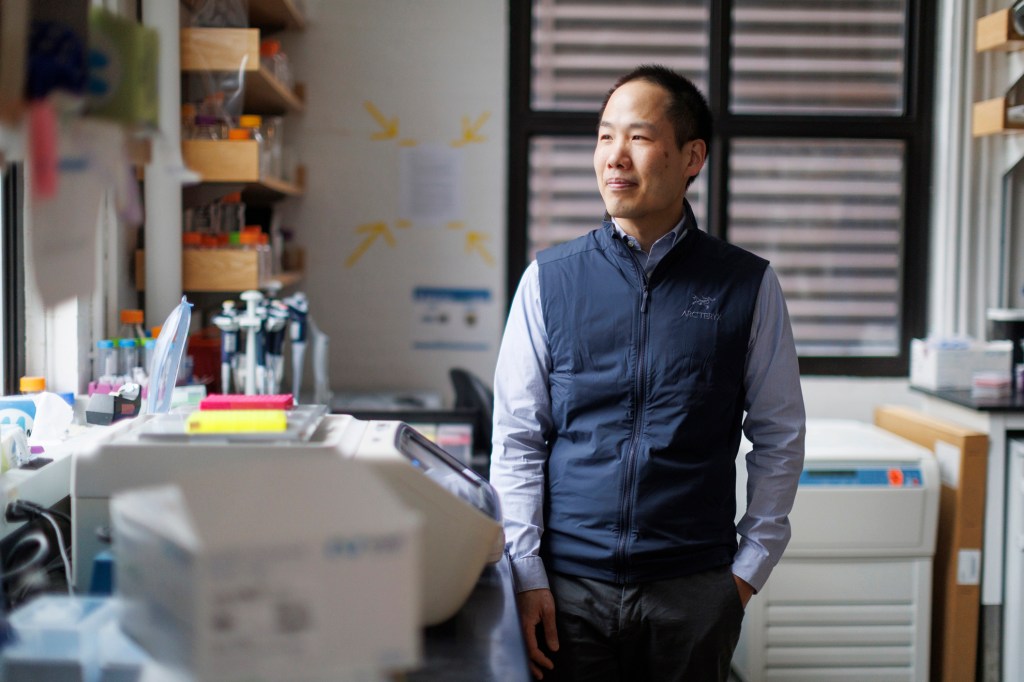
-
Cancer claims are everywhere. Which to trust?
Our research-based quiz can help
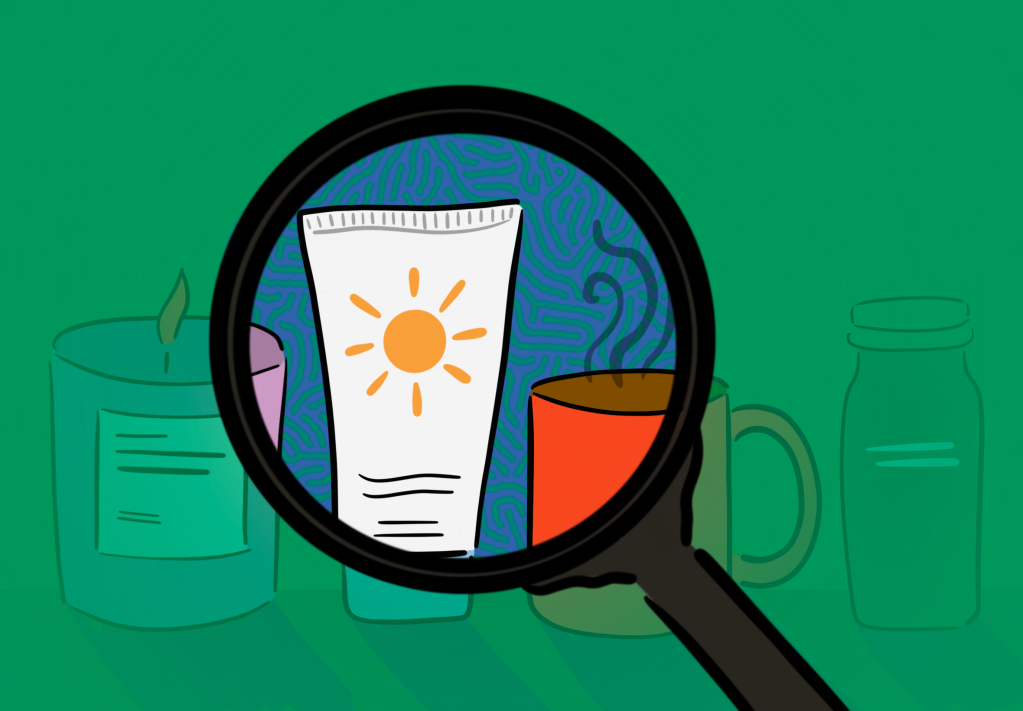
-
It’s inoperable cancer. Should AI make call about what happens next?
Arrival of large-language models sparking discussion of how use of technology may be broadened in patient care, and what it means to be human
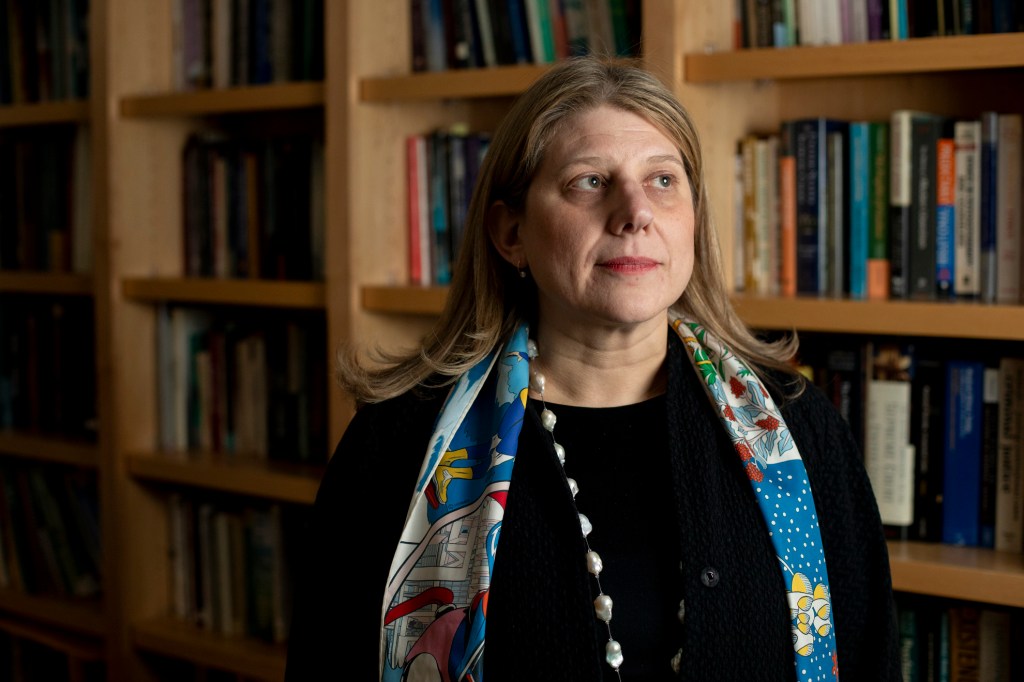
-
The lie that taints perfectionism
‘How to Be Enough’ author on the difference between admiration and acceptance, the power of ‘2 percent kinder,’ and why values should come before rules

-
Different day, different diagnosis?
Study finds spike in ADHD cases on Halloween, highlighting stakes of cognitive bias in medicine
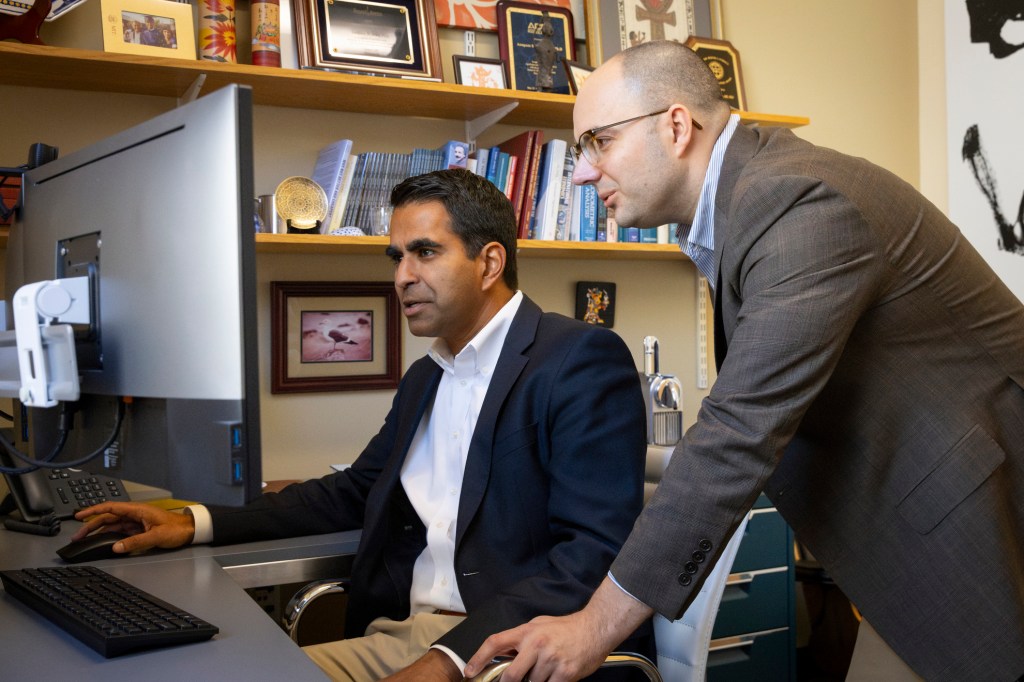
-
Gambling problems are mushrooming. Panel says we need to act now.
With recent leap in legalized sports betting and online options, public health experts outline therapeutic, legislative strategies

-
One way to save lives in jails
Researchers who studied healthcare in dozens of facilities link accreditation to better collaboration and treatment and fewer deaths
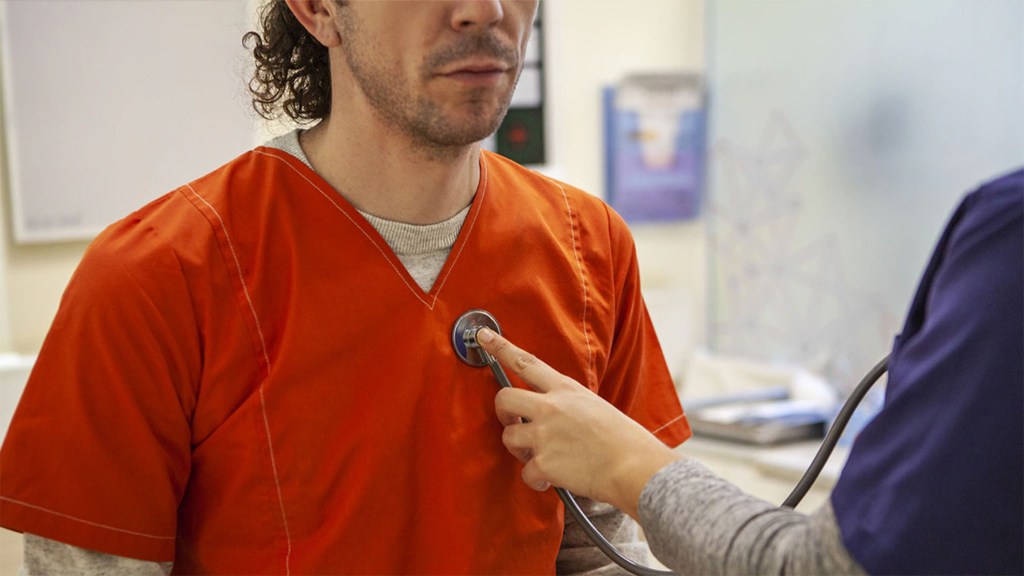
-
The brain’s gatekeepers
HMS research IDs special class of cells that safeguard immunity and memory, and may one day treat neurodegenerative disease
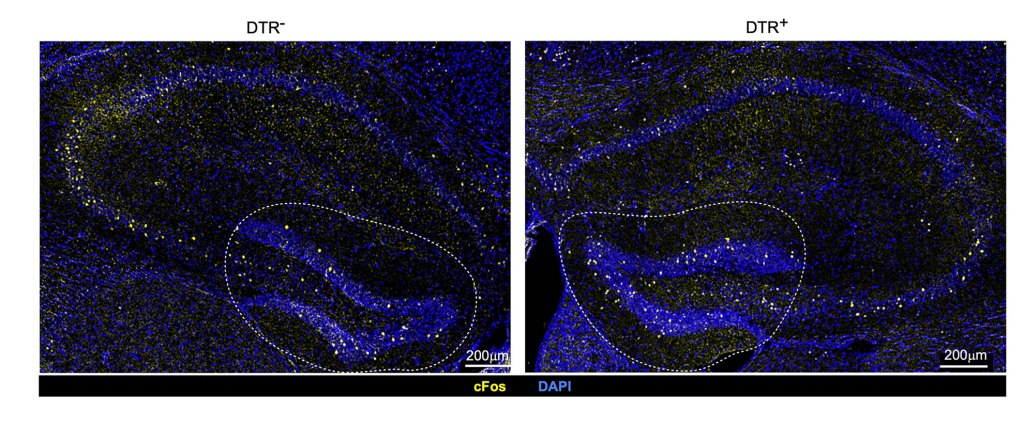
-
How exactly does ketamine work? New research offers insight.
Anesthetic growing in popularity as game-changing therapy for severe, treatment-resistant depression
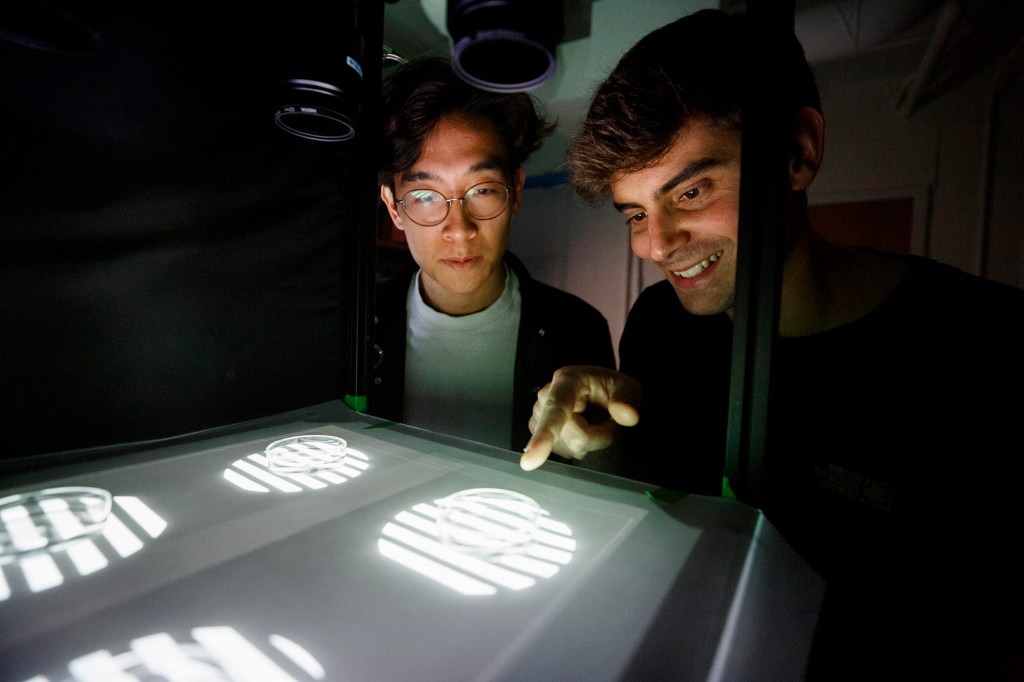
-
New study maps the ‘dental deserts’ in the U.S. — and there are lots of them
Harvard research shows 1.7 million lack access to care
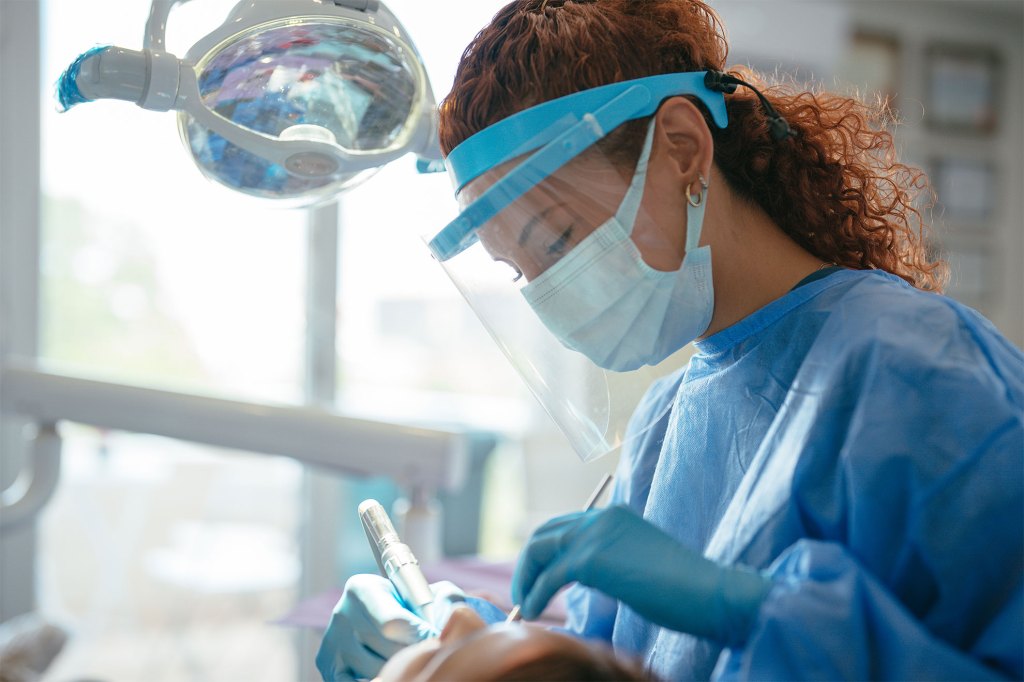
-
Now that we have new ‘miracle’ diet drugs, what’s the point of exercising?
Experts say weight loss isn’t at top of list of health, longevity gains that come from activities like walking, hitting gym

-
Death, destruction — and trauma — of L.A. wildfires
Psychiatric epidemiologist discusses mental health toll from displacement and loss, the path forward for victims

-
Aha moment in psych class clarifies childhood mystery
Inspires Susan Kuo’s research probing role of genetics in schizophrenia, autism

-
Should we be panicked about bird flu? William Hanage says not yet.
But he warns that there is real cause for concern, CDC should take much closer look

-
Gender-affirming care rare among U.S. youth, study says
Fewer than 1 in 1,000 transgender youth receive hormones or puberty blockers

-
Nature offers novel approach to oral wound care
Slug’s sticky mucus inspiration behind adhesive hydrogel that can seal wounds in wet environment
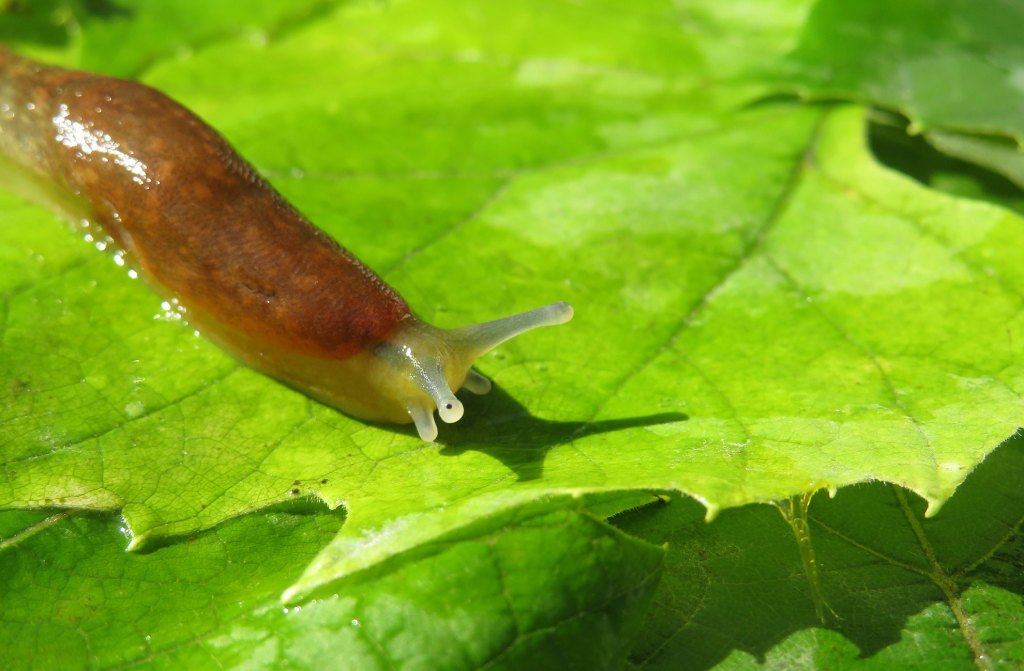
-
Time for a rethink of colonoscopy guidelines?
Change informed by new findings would help specialists focus on those most at risk, researcher says
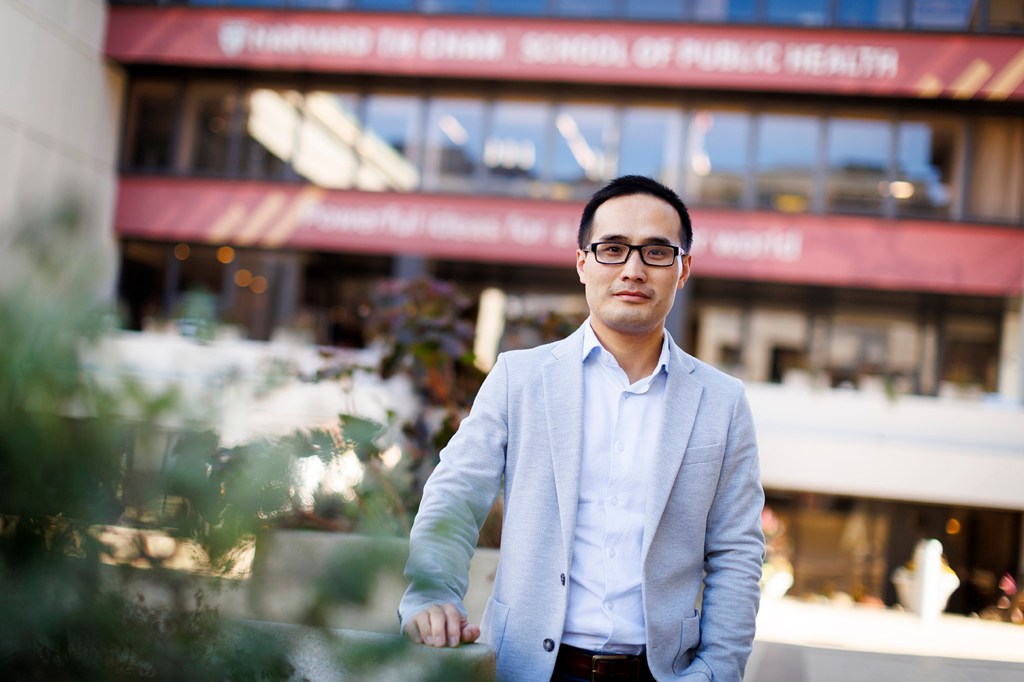
-
Should pharmacists be moral gatekeepers?
‘The problem is not opioids,’ says author of ‘Policing Patients’ — it’s overdose, pain

-
The deadly habit we can’t quite kick
Actions by tobacco companies worry researcher even amid ‘dramatic decrease’ in smoking among young Americans
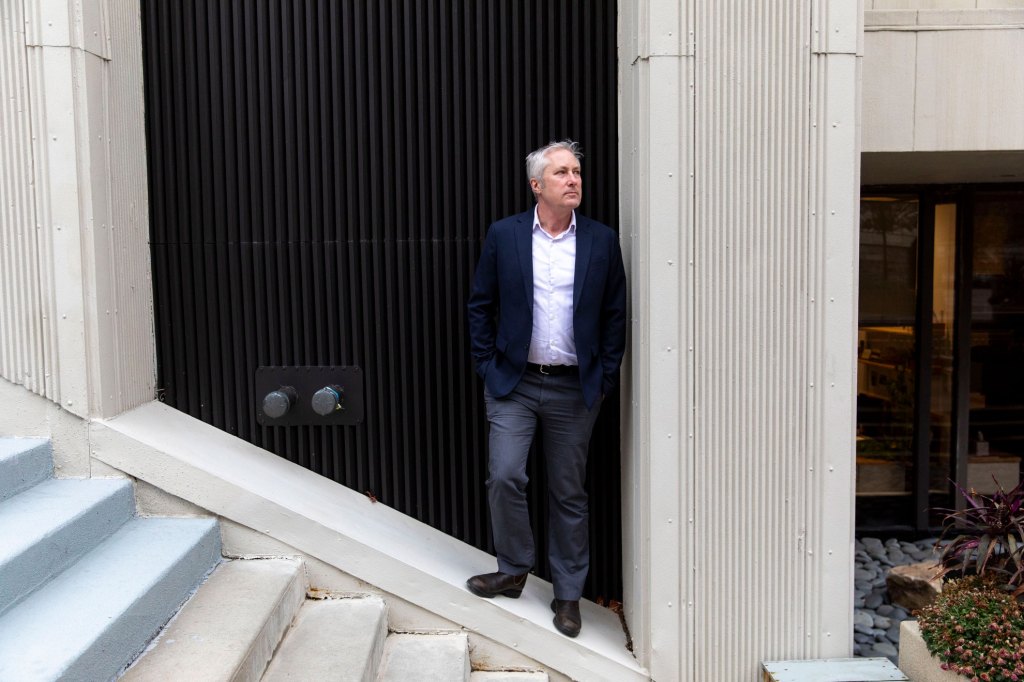
-
Why do gliomas tend to recur in the brain?
First look at the interplay between neurons and tumors sheds light on formation, spread
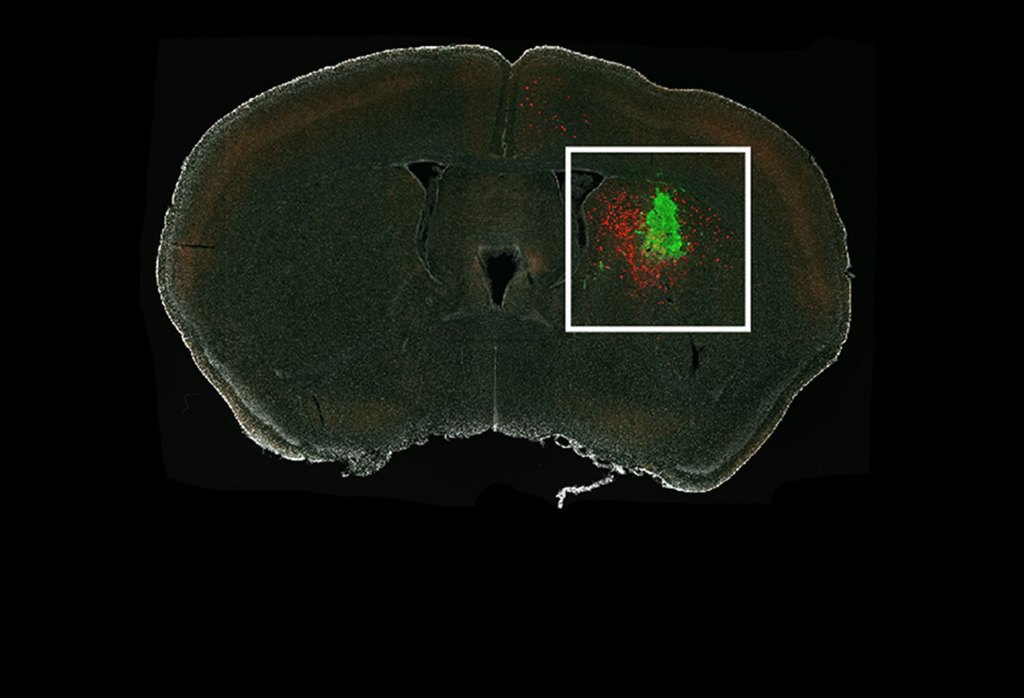
-
Probe the gut, protect the brain?
In fight against Parkinson’s and other disorders, two-way connection may someday lead to a breakthrough
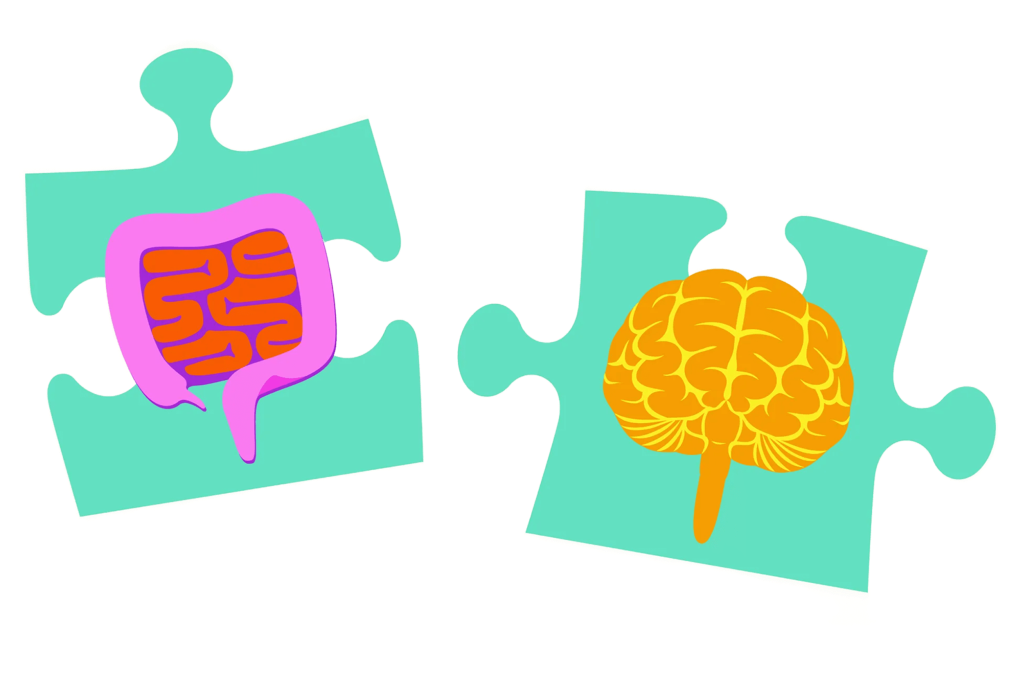
-
Why be kind? You might live longer.
Take our research-based quiz on biological benefits of being good

-
Score another point for the plants
Study finds 1:2 ratio of plant to animal protein lowers risk of heart disease

-
How HIV research has reshaped modern medicine
Decades of scientific work turned the tide on a fatal disease and yielded insights into immunity, vaccines, and more

-
Use of new diet drugs likely to mushroom
Study estimates over half of Americans eligible to take them based on conditions, underscoring need to ensure equity of access.
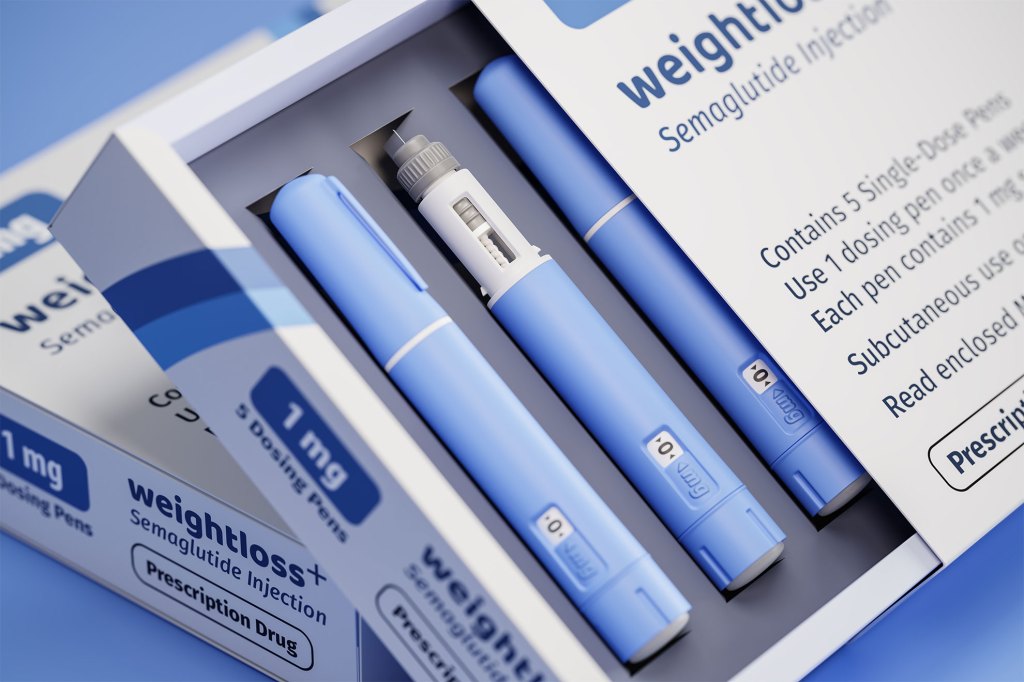
-
Rapid relief for the severely depressed? There’s a catch.
Ketamine carries risks, say researchers. Yet for some patients, it’s ‘the only thing that works.’

-
New frontiers in cancer care
In podcast, experts discuss breakthroughs in treatment, from genomic sequencing to AI, and how close we are to personalized vaccines
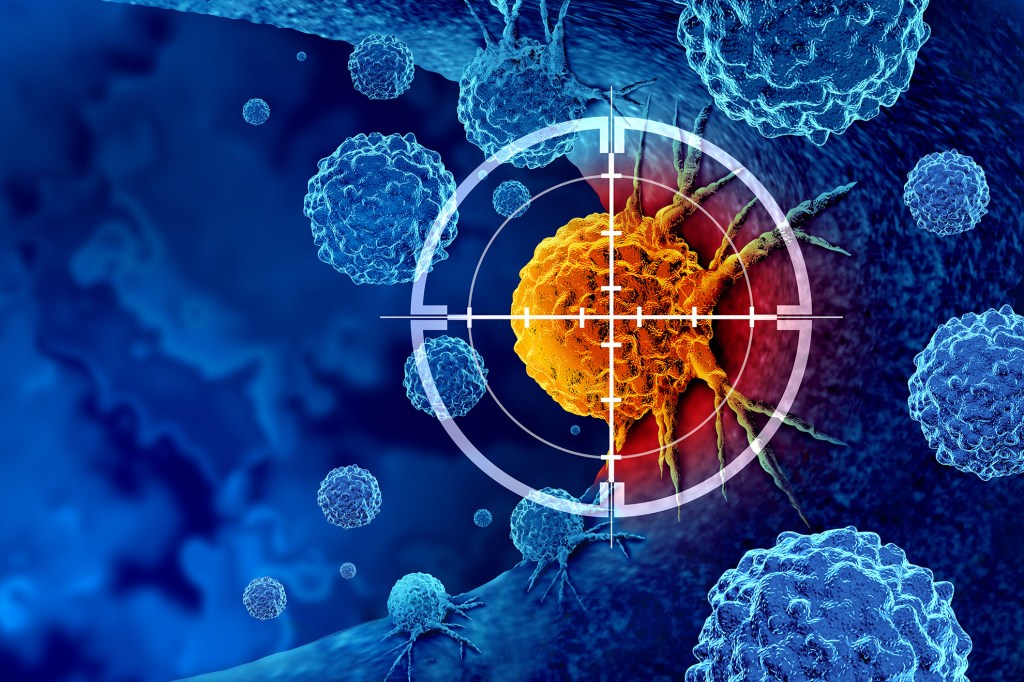
-
Too much sitting hurts the heart
Even with exercise, sedentary behavior can increase risk of heart failure by up to 60%, according to study

-
Is cheese bad for you?
Nutritionist explains why you’re probably eating way too much

-
Study pinpoints optimal timing for RSV vaccine during pregnancy
Five weeks before giving birth best transfers maternal antibodies to the fetus, say researchers


